Currently, the majority of activities are conducted online, starting from writing and sending emails or shopping online and even calling friends. This Internet world has something very essential called a 'web application' or simply 'web app.' By and large, they happen to be web applications to which the majority of people have responded but are oblivious of applications like Google Docs, Facebook, and Internet banking amongst others.
How does a web application operate and what is it? Why are they so popular? We are going to answer all these questions and shift our focus to what a web app is. We will discuss how effective they are, with all the advantages they have, and why they are fast becoming an integral part of our lives. They are easier to work with and can be accessed from any device. They don't have to be installed. Hence, they seem more advantageous compared to the usual program. Of course, there's another flip side of web applications, which we shall discuss in this post too. We then need to consider why web apps are the future of technology.
What Is a Web Application?
A web application, also known as a 'web app', is an application residing on the web server, not the computer or Android phone in use. The user would be able to access it by keying in on a browser such as Google Chrome, Firefox, Safari, etc., without proper installation of the application.
In simple words, if you open a web app, then what you are running is not actually on your device. However, this document is located on the World Wide Web and your browsing software is the interface with which to engage it. Any device with an internet connection, such as laptops, smartphones, tablets, and others, can access web apps.
Some of the most popular web apps are
- Google Docs: This is a tool that allows online editing and creating
- Facebook: A website Through which you can connect with relatives and other loved ones.
- Online banking systems: To manage finances.
- E-commerce sites: Similar to Amazon and can Shop Online.
The greatest strength of a web app is that one does not have to bother with the installation of software or updates. It’s all managed by the company or developer who built the app you are using on your device. You don’t need any software because a web app can be accessed via a web browser from any device that is connected to the internet, whether you are at home or away on business.
How web applications work
Web applications function on the World Wide Web and are used on web browsers such as Google Chrome, Firefox, or Safari among others. The big thing to grasp here is that a web app you are using does not mean the web app is running on your device. It is operating on a server, which is just another computer that resides on the internet.
Here’s how it works step-by-step:
- You Open the Web App: Since a web application may be accessed directly on the Internet through your browser by utilizing the network address or URL assigned to it, the idea behind web apps is self-explanatory. For example, you just type docs.google.com in the address line if you are using Google Docs.
- Your Request is Sent to a Server: After accessing the website, the web app is located on a different server through which your browser sends a request over the internet. Consider this to be as if you are sending a letter requesting the opener to open the web app for you.
- The Server Processes Your Request: Whenever you make a request, the server takes the information, does something with it, and then returns what is right. For example, if you want to open a document in Google Docs, then the server retrieves your document and forwards it to the browser.
- You See the Web App on Your Screen: The front end and look and feel of the web app (what you interface with visually through your browser) is then rendered and shown. This interface is developed employing coding languages such as hypertext markup language, cascading style sheets, and JavaScript.
- You Make Changes: When for example, you are typing in the Google Docs or making additions to your shopping cart the server is updated with your interactions.
- Real-Time Sync: Some web apps, such as Google Docs, allow you to collaborate on the same document at the same time. Instead of having one person update the master copy, the server monitors the change and feeds it back to all users almost instantly.
Advantages of Web Applications
Web applications offer several benefits that precisely make them appealing to us, as users, and businesses. Let's discuss some of these main benefits:
1. Accessibility from Anywhere
One of the strongest advantages of web apps is that they are freely available. Because web apps are Web-based, they can be operated from any device connected to the World Wide Web. Home, work, traveling, and any other place you can still use your web apps. This is particularly helpful to those who need to telecommute or need to transverse a lot of time on the road.
2. Cross-Platform Compatibility
The second advantage of web applications is that the application works on any device with any operating system, Windows, macOS, Android, or iOS. That is, while the more traditional desktop applications may only function in specific environments, web apps are, or should be, environment agnostic. In other words, while using this app, you don’t need to be concerned with the compatibility of the app you are using.
3. No Installation or Updates Required
Most traditional software is downloaded and installed within a device where the user intends to run the application. This will occupy storage space and it might be needed to be updated from time to time. However, with web apps, you do not have to bother about installation of the product, or even doing updates on it. The app is web-based and can be easily developed and updated by the service provider as and when they deem fit. You never have to worry about getting the most up-to-date version of the app without going through a lot of stress.
4. Lower Maintenance Costs
Web apps are easier to maintain for businesses compared to traditional software. Since they are web-hosted, developers can make changes, fix bugs, and update the app without affecting the user experience. This reduces the cost and time involved in maintaining the app. Moreover, businesses do not have to support multiple versions of the software for different operating systems or devices.
5. Real-Time Data Syncing
Most web apps can work on the same project or document at the same time. Changes made by one user update in real-time for others. In a web-based word processor like Google Docs, it is possible to have several individuals working on the same document at once. This means that real-time collaboration provides a huge benefit to teams or individuals who have a shared task to accomplish.
6. Security
Web apps are often less prone to viruses because these are hosted on centralized servers and the business can make necessary adjustments to keep it free from viruses or malware with frequent data backup. Security is a key component provided by most web application development companies, such as encryption, and multifactor authentication, to help ensure the safety of your data.
7. Scalability
Web applications scale better than desktop applications. When the business grows, then the web app can easily be scaled to meet the high demand of users. Web apps can handle large volumes of data and be viewed by many users without any issues.
Challenges of Web Applications
Despite their many advantages, web applications also have a few challenges. It is these that will help in informed decision-making when using or developing web apps.
1. Dependence on Internet Connection
Since web applications depend on the internet connection, they are completely where without an internet connection. If you are experiencing a slow or non-existent internet connection, you may not be able to use the app at all. This is cumbersome as it is an area that is always deemed essential to have the best and most recent results for users most especially those who have a poor internet connection.
2. Performance Issues
Web applications are generally dependent on the BW for their access.” This means that if you experience a slow or unstable internet connection the app will not function optimally. This can lead to a higher latency time and a poor user interface of the system in question. Traditional software on the other hand is installed directly on your device and this mostly results in improved efficiency.
3. Security Risks
Internet-based applications are fairly safe but like any other application, they can be subjected to hacks, theft, or phishing. Web apps contain plenty of users’ and personal information in addition to which they can be potential goals of attackers. To make their applications, developers require putting stringent security measures to protect users’ information.
4. Limited Features Compared to Desktop Apps
You can find that some web applications are not very rich in their functions and settings compared with conventional PC applications. Unfortunately, there are tasks where web apps are becoming better, but they cannot be compared to such independent and focused desktop apps. For example, Graphic design or video editing can still be advantageously done in a desktop application which has suites of features better than app ones.
The Future of Web Applications
Web applications are expected to be even more powerful and feature-rich with advancing technology. Advancements like 5G internet, providing faster internet speeds, along with the improvement in web development frameworks, will make web apps faster, more secure, and able to perform complex tasks.
Web applications will probably also be further integrated with artificial intelligence and machine learning. For instance, the personalized recommendation based on user behavior by web applications will make things easier and enhance the experience in total. Further, web applications can become more interactive with virtual reality (VR) and augmented reality (AR).
Web applications will catch up with desktop applications, and soon enough, the difference between these two applications will diminish. With such a gap closing up in the coming years, users will likely prefer using web apps that can accomplish almost every desktop application's functions.
Conclusion
The world of web applications, or web apps, is transforming how we interact with software. They have several benefits; for instance, accessibility anywhere, cross-platform compatibility, and lower maintenance costs. However, there are drawbacks to this, such as dependence on a stable internet connection and risks of security breaches. Yet, web apps are the future of digital technology. As time goes by, web applications will become more powerful and significant in our daily lives.
They are an essential element of the modern internet experience for web applications whether used for work, socializing, or shopping. Companies like AHIT (All Hind Info Tech) are also embracing web apps to provide new innovative solutions to their clients. Web applications, with all its benefits and increased usage, will not be going anywhere.





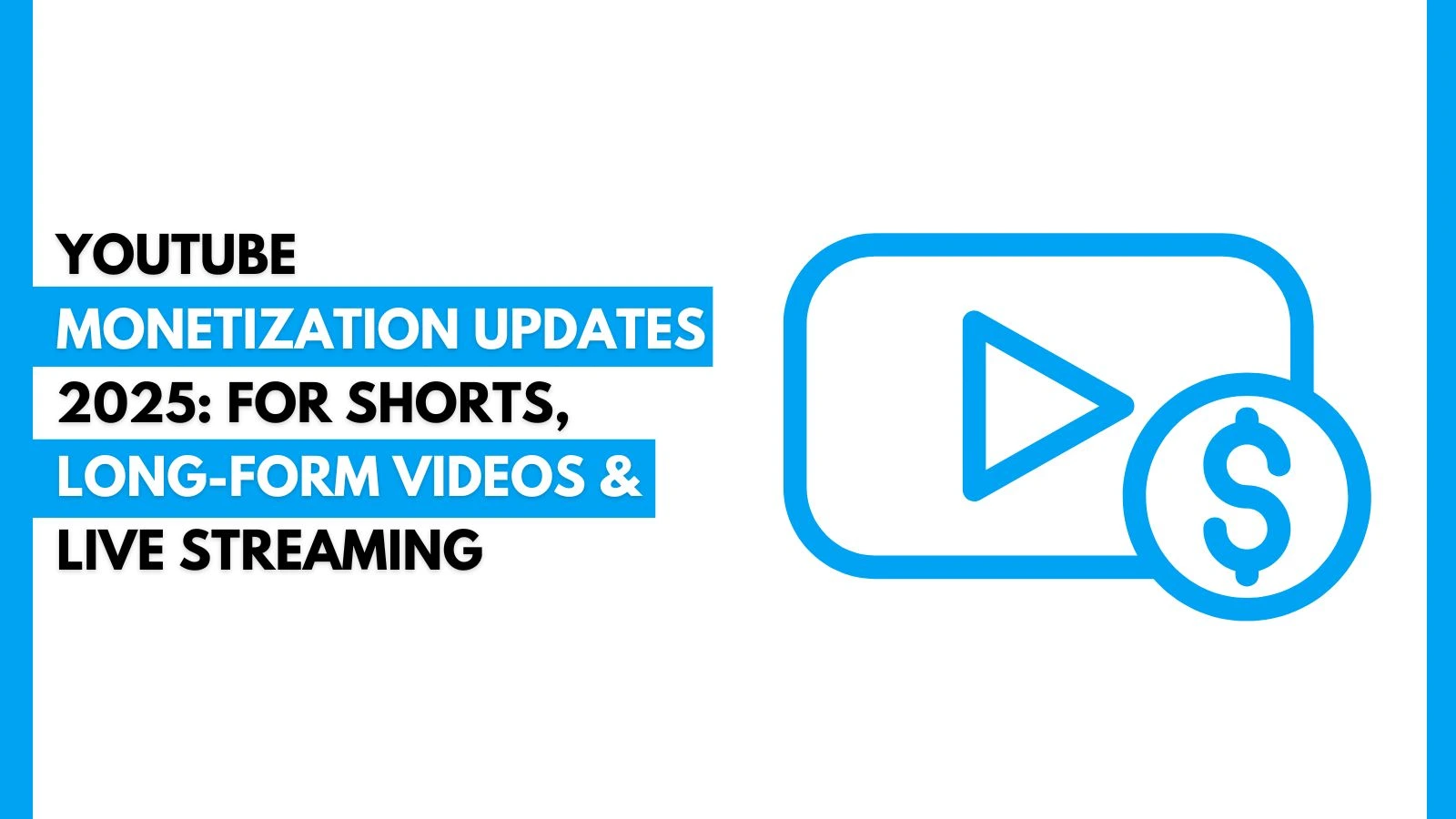
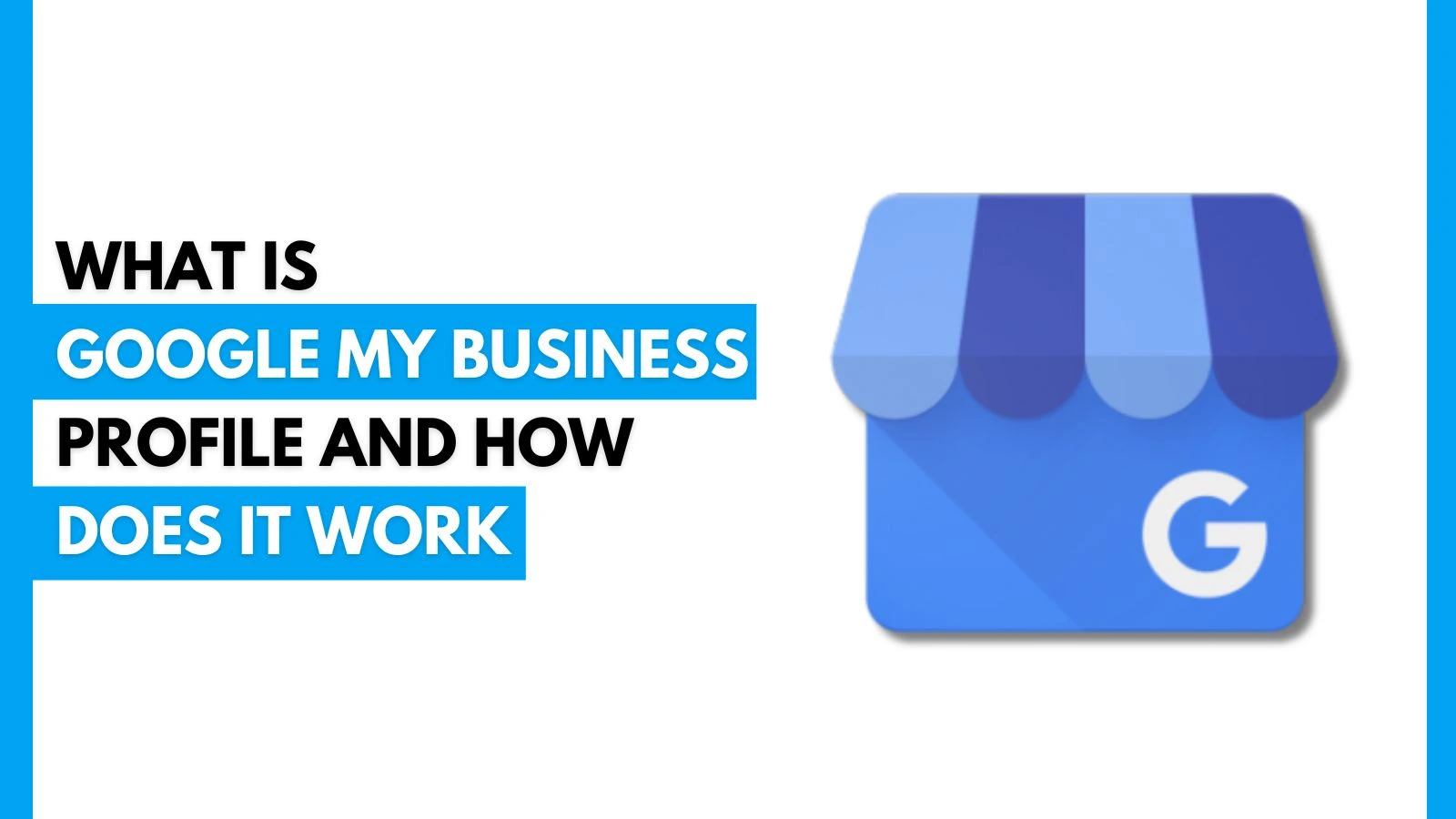
.webp)
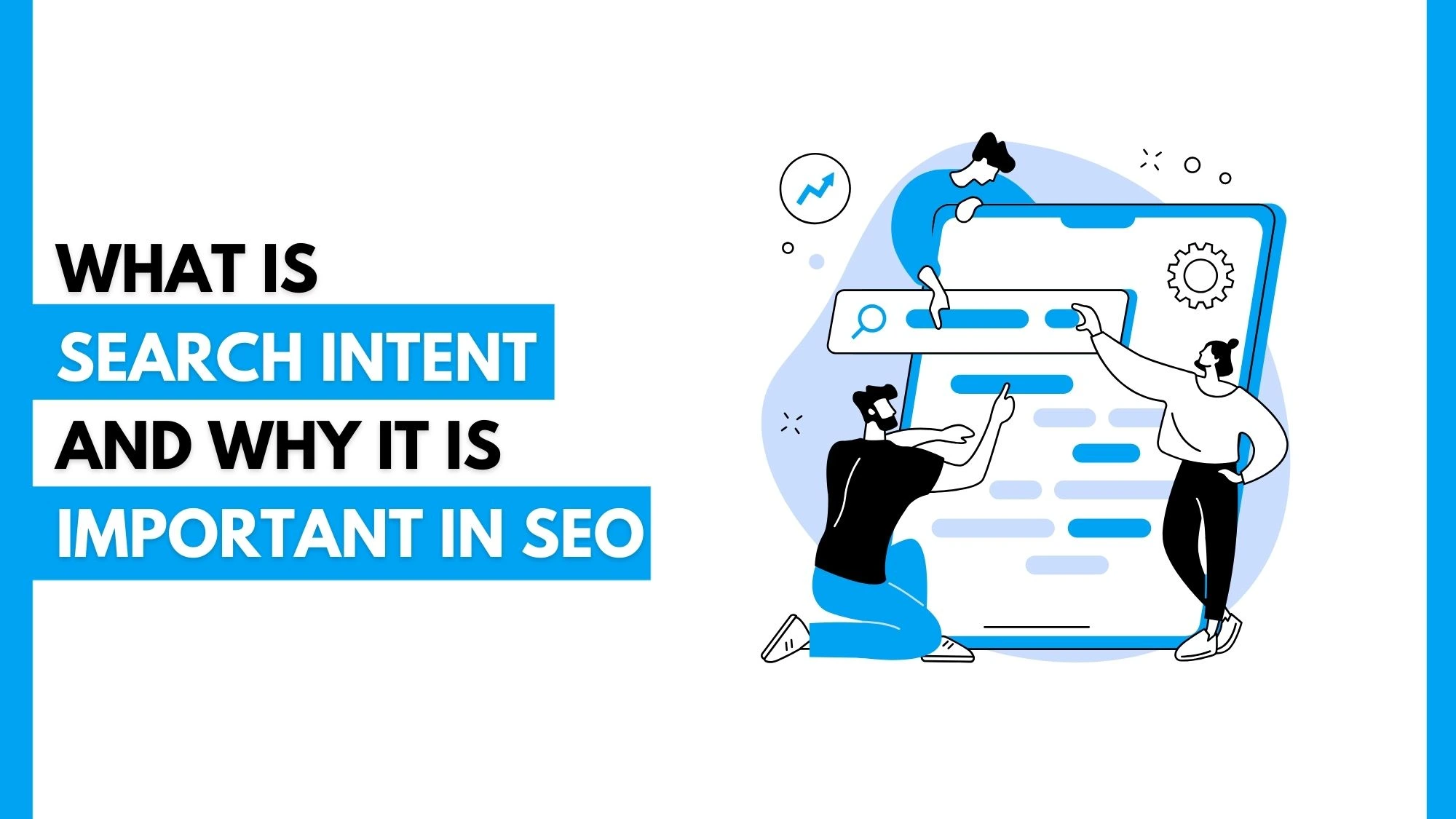
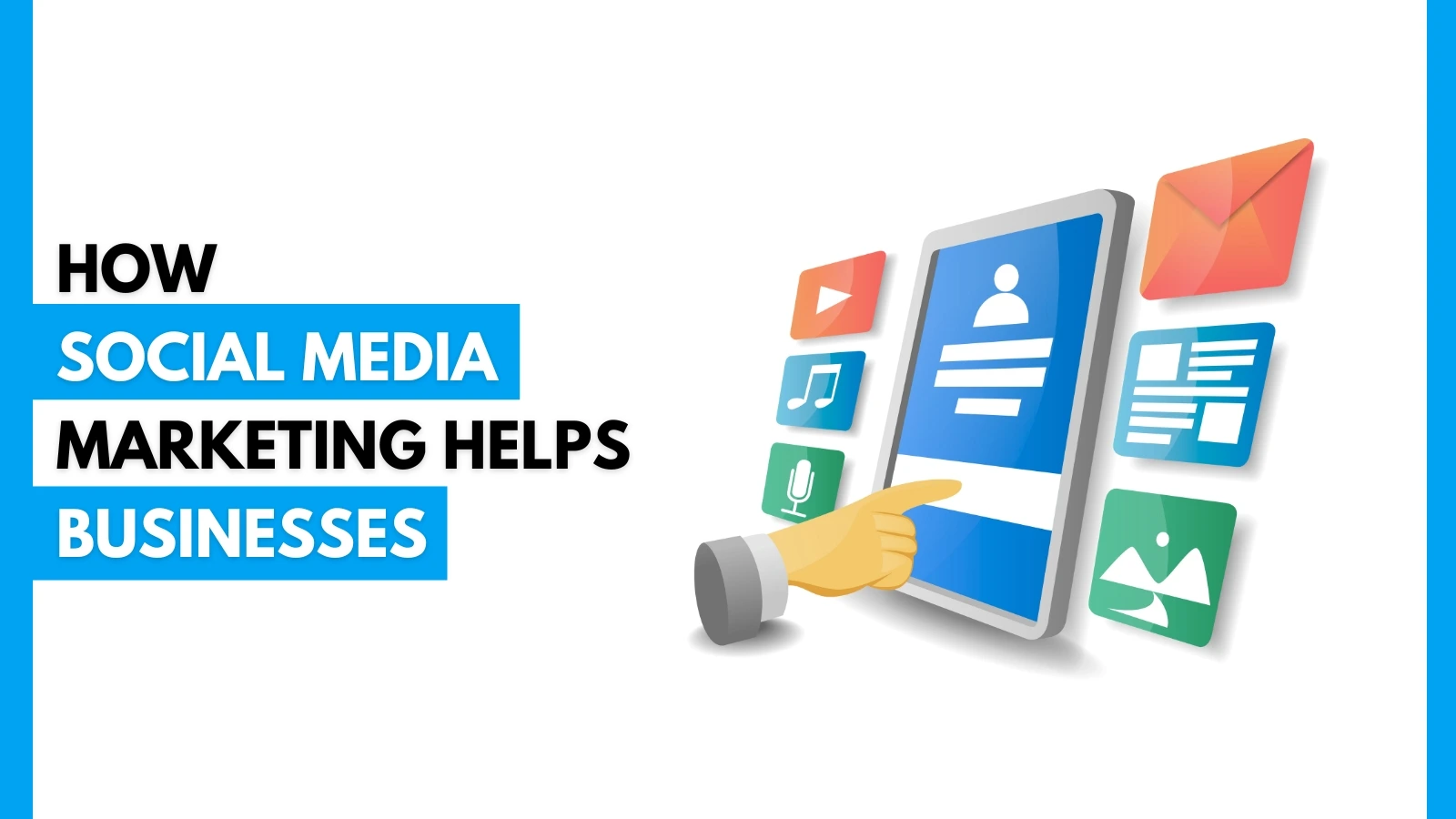
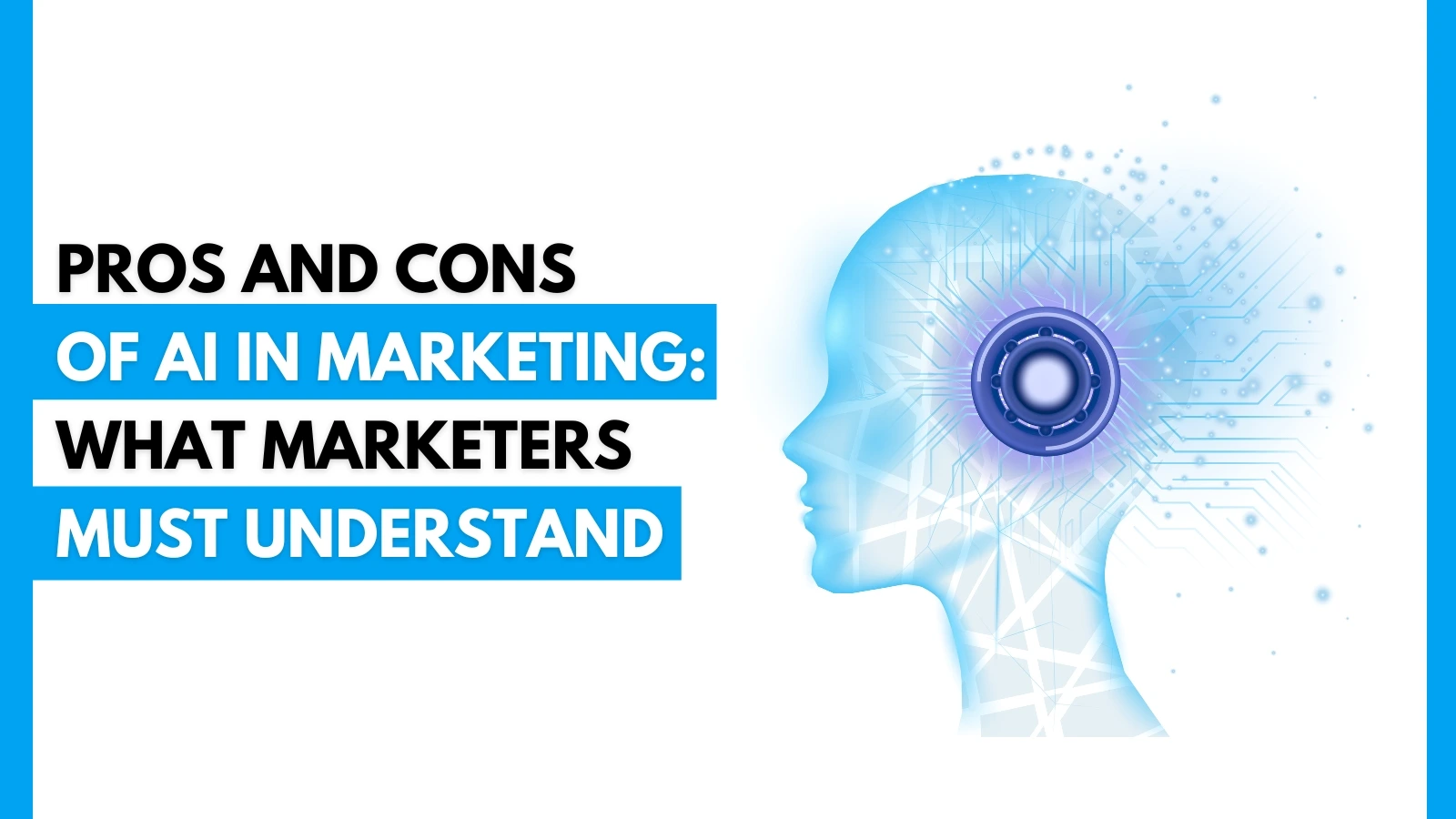
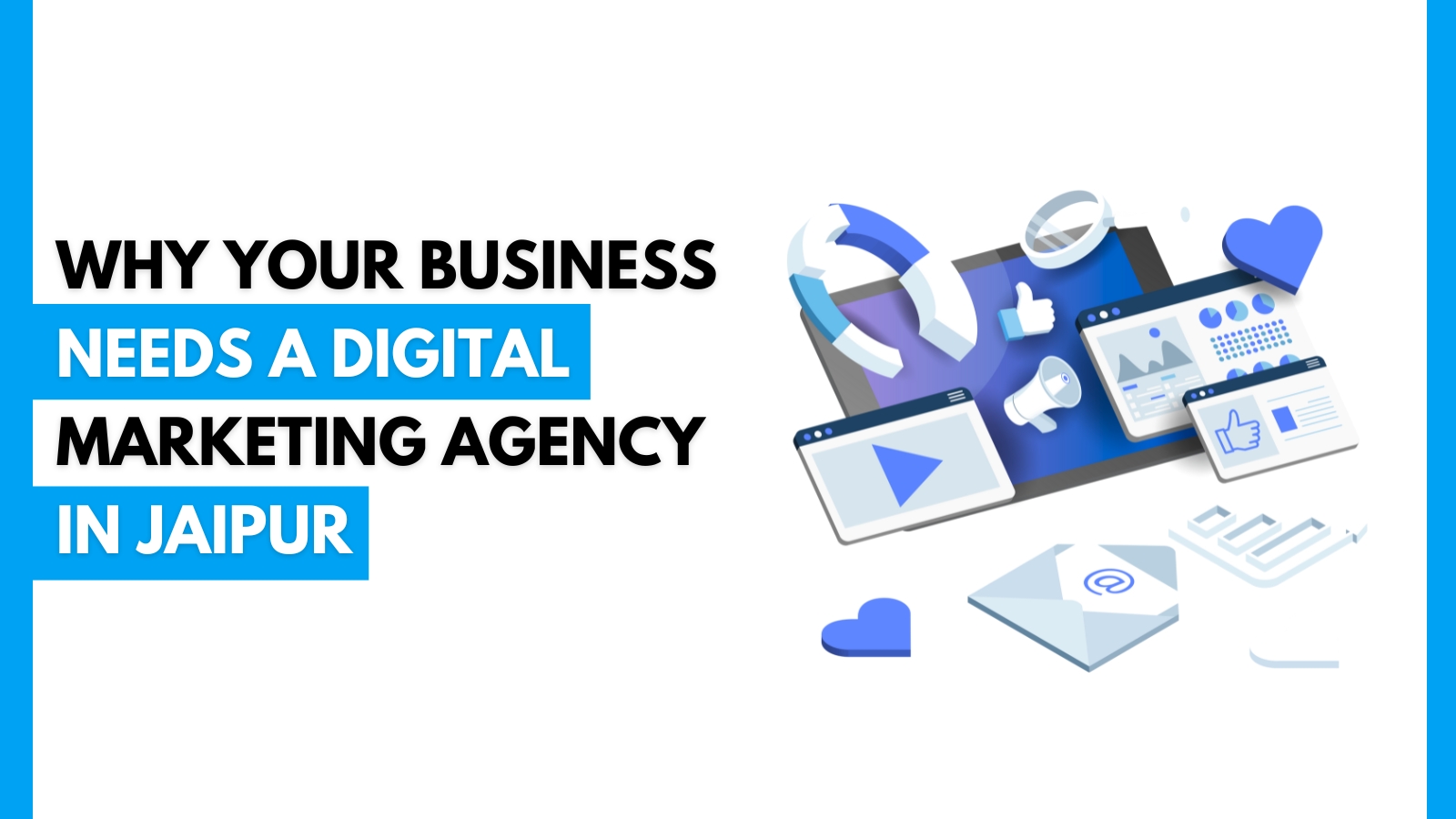
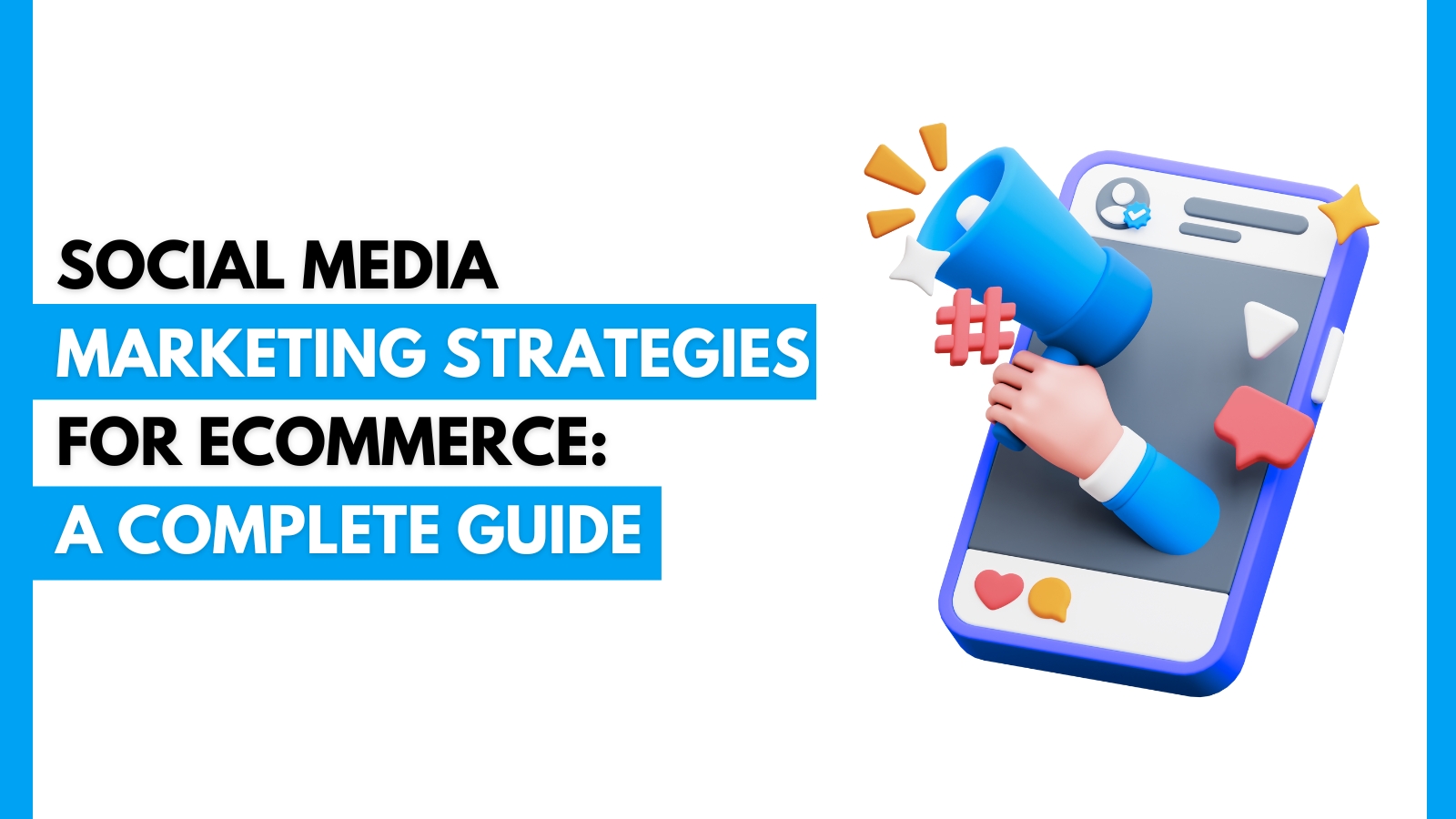

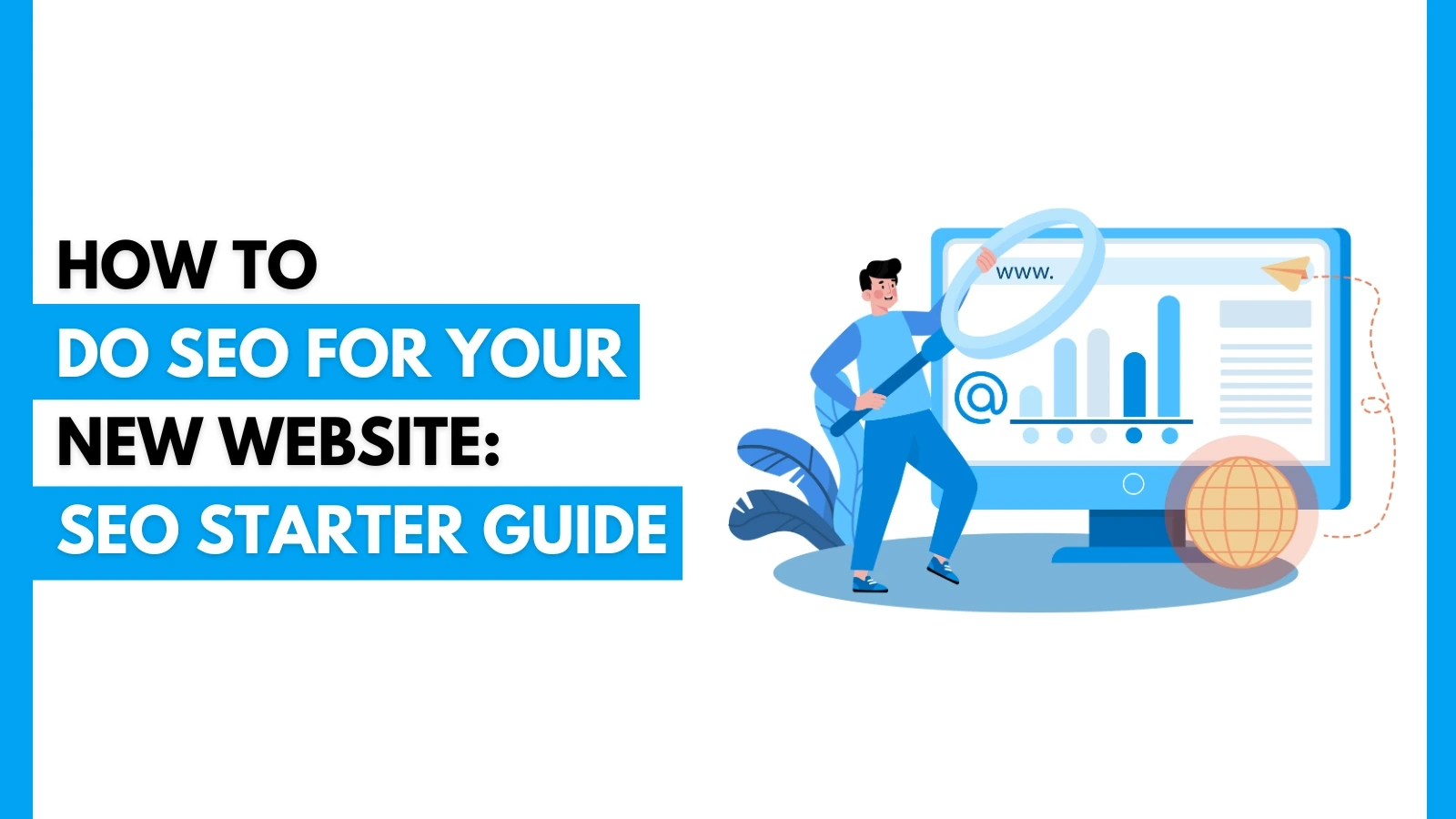


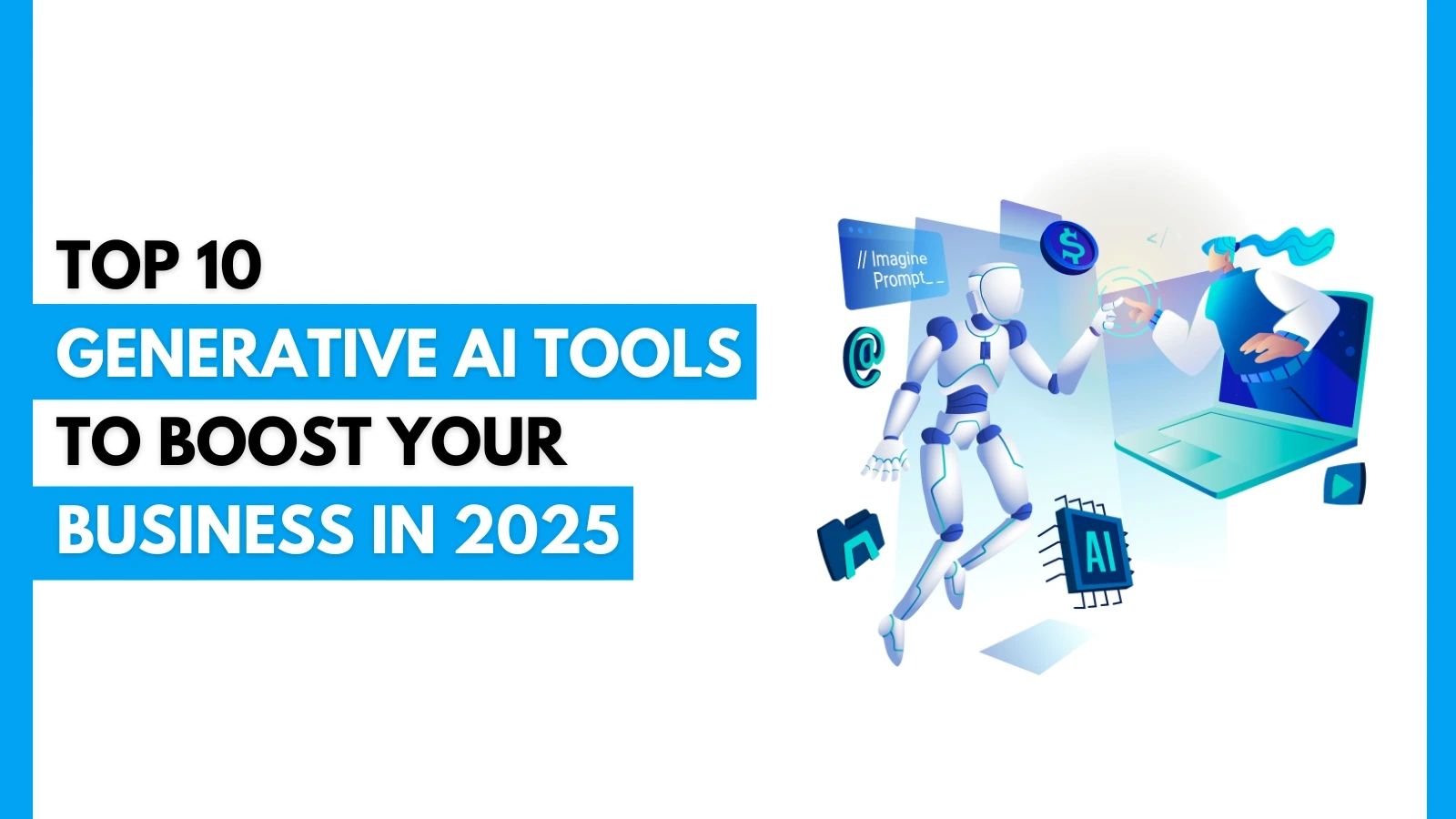




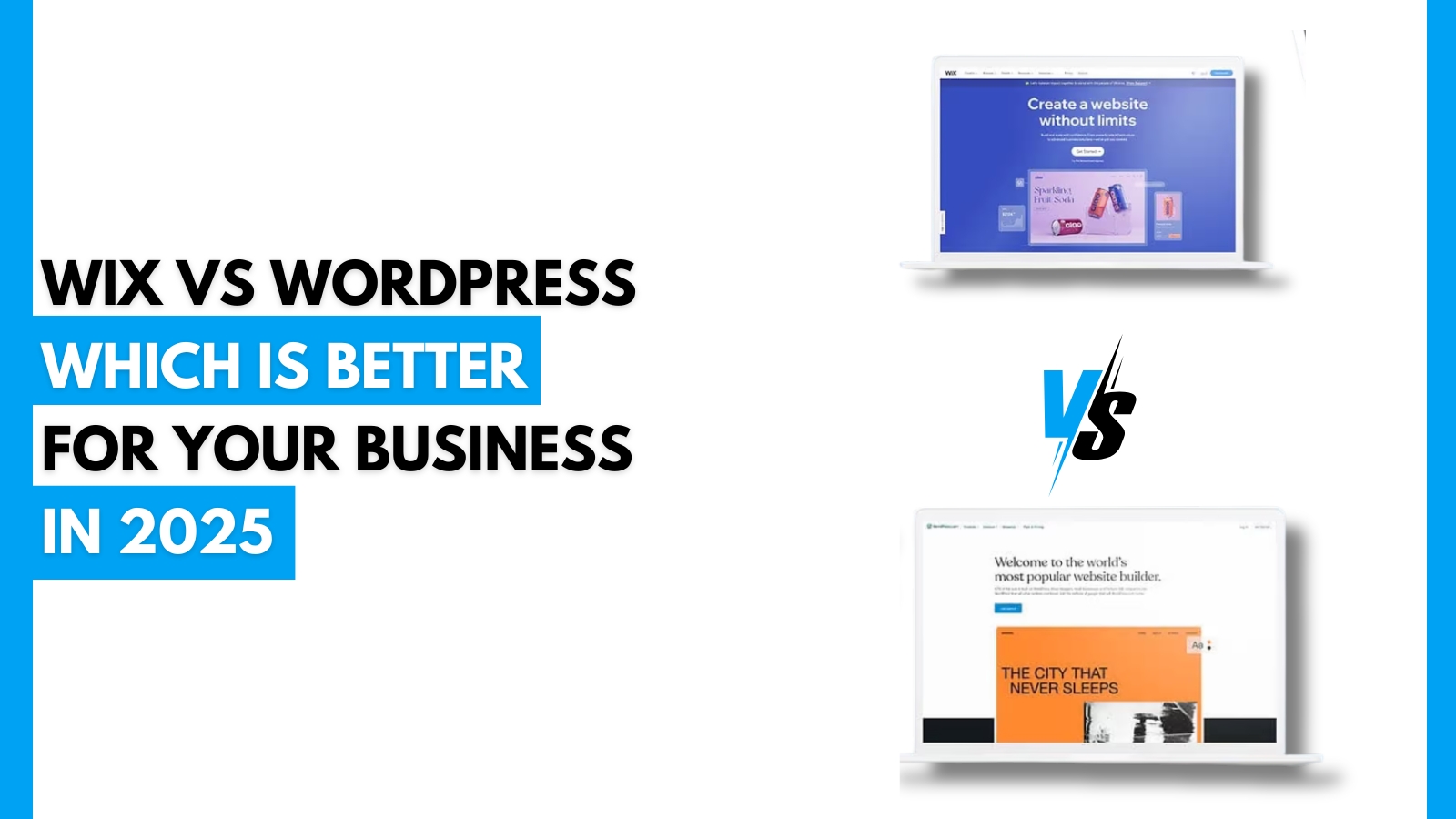




.webp)






















 A Complete Guide.webp)










































.jpg)










 Efficiently.jpg)
.jpg)
























.jpg)
.jpg)
























.jpg)


















.jpg)
.jpg)




























.webp)





.jpg)


















 Campaign.jpg)




.jpg)

.jpg)

.png)



.jpg)



.jpg)
.jpg)
.jpg)



.jpg)








.png)
.jpg)




.jpg)

.jpg)
.jpg)


.jpg)


.jpg)



.jpg)





















.jpg)














.png)





















.jpg)






.png)

.png)



.png)

.png)
.png)



.png)
.png)
.png)
.png)
.png)

.png)
.png)
.png)
.png)
.png)
.png)
.png)
.png)
.png)
.png)
.png)

.png)
.png)
.png)
.png)
.png)
.png)
.png)
.png)
.png)



.png)
.png)
.png)

.png)
.png)
.png)
.png)
.png)
.png)
.png)
.png)
.png)
.png)
.png)
.png)
.png)
.png)
.png)
.png)
.png)
.png)
.png)
.png)
.png)
.png)
.png)
.png)
.png)
.png)
.png)
.png)
.png)
.png)
.png)


.png)
.png)

.png)
.png)
.png)
.png)
.png)
.png)
.png)
.png)
.png)
.png)
.png)
.png)
.png)
.png)
.png)
.png)
.png)
.png)
.png)
.png)

.png)
.png)
.png)

.png)
.png)
.png)
 (1).png)
.png)
.png)
.png)
.png)
.png)
.png)
.png)
.png)

.png)

.png)
.png)
.png)
.png)
.png)
.png)
.png)

.png)
.png)
.png)
.png)
.png)
.png)
.png)
.png)
.png)
.png)
.png)
.png)
.png)
.png)
.png)
.png)


.png)
.png)
.png)
.png)
.png)
.png)
.png)

.png)
.png)
.png)
.png)
.png)
.png)
.png)
.png)
.png)

.png)
.png)

.png)
.png)
.png)

.png)
.png)
.png)

.png)
.png)
.png)
.png)
.png)
.png)
.png)
.png)
.png)
.png)
.png)
.png)
.png)
.png)
.png)
.png)
.png)
.png)
.png)